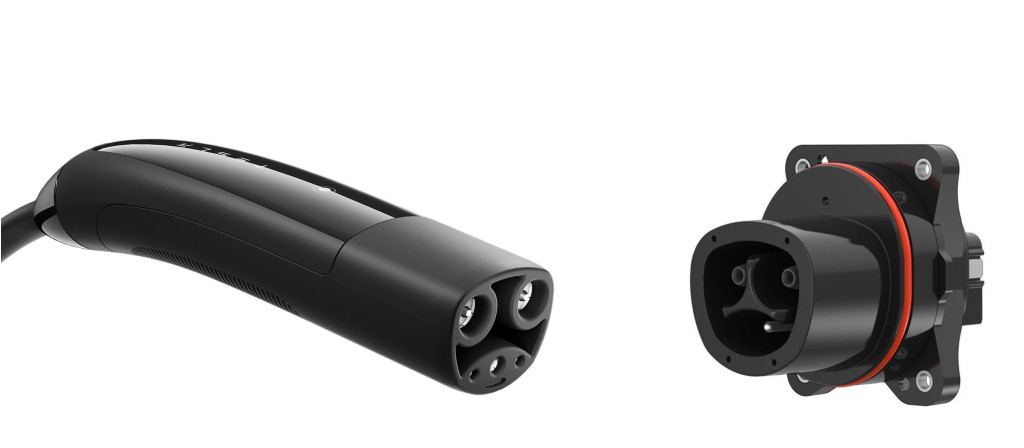Hyundai and Genesis are the latest automakers to reach an agreement with Tesla to use its charging stations in North America as well as adopt its proprietary charging connector, known as NACS (North American Charging Standard), for future electric vehicles sold in the U.S. and Canada.
New or updated Hyundai and Genesis EVs on sale in the U.S. from the fourth quarter of 2024 (first half of 2025 for Canada) will feature a built-in NACS connector instead of the CCS1 connector Hyundai currently uses, the automaker said on Thursday.
Hyundai and Genesis are part of Hyundai Motor Group that also includes Kia. Kia announced separately that it will also adopt the NACS connector for EVs sold in the U.S. and Canada.
Owners of Hyundai and Genesis EVs with the CCS1 connector will still be able to use Tesla's charging stations, but will require an adapter that will be made available beginning in early 2025. Hyundai and Genesis will also make adapters for owners of vehicles with the NACS connector to enable them to use chargers with the CCS1 connector.

Tesla Supercharger connector - now called NACS
The agreement will significantly increase the number of DC fast chargers available to Hyundai and Genesis EV owners. Tesla's DC fast chargers number approximately 12,000 in North America, and currently represent about 60% of DC fast chargers in the U.S., according to the Department of Energy. Tesla started opening its charging stations to rival brands following a deal made with the White House in February.
Fisker, Ford, Honda (and Acura), Jaguar, Mercedes-Benz, Nissan, Polestar, Rivian, and Volvo have also made deals with Tesla to use its charging stations, and many of those companies have also announced plans to adopt the NACS connector for their vehicles in North America. Stellantis and Volkswagen have indicated that they may also follow suit.
Hyundai has also partnered with six other automakers to develop a separate network of charging stations spanning North America and containing at least 30,000 chargers. The first of these charging stations will open in the U.S. in mid-2024.
